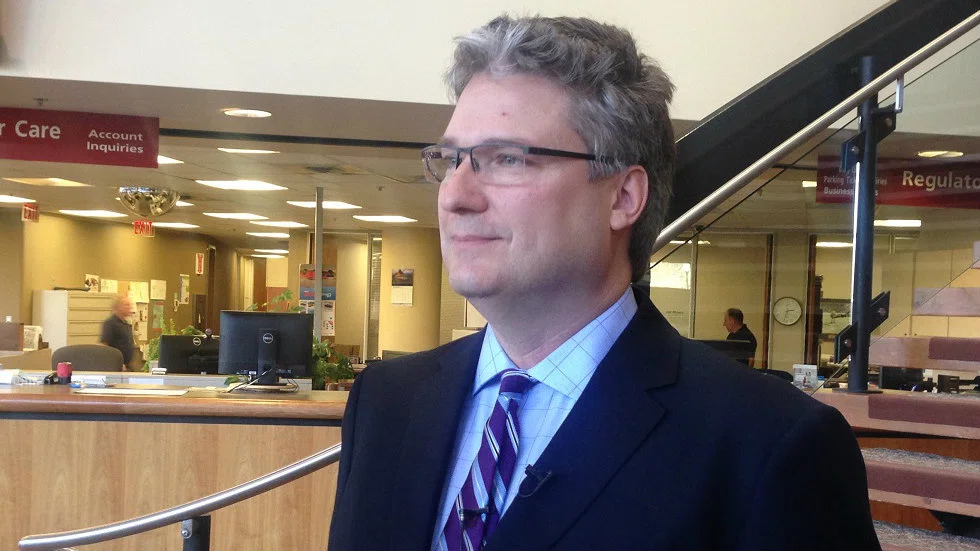
City Council votes to move forward with public consultations on urban hens
LETHBRIDGE – How do you feel about backyard hens?
That’s the question the City of Lethbridge will be looking to answer during a public consultation campaign between now and Mar. 31, 2019.
City Council was presented with three options by Regulatory Services Manager Duane Ens at their regular meeting on Tuesday, Nov. 13, to decide what to do about the Urban Hen Review.
– Option 1 was no backyard hens, or to do nothing.


